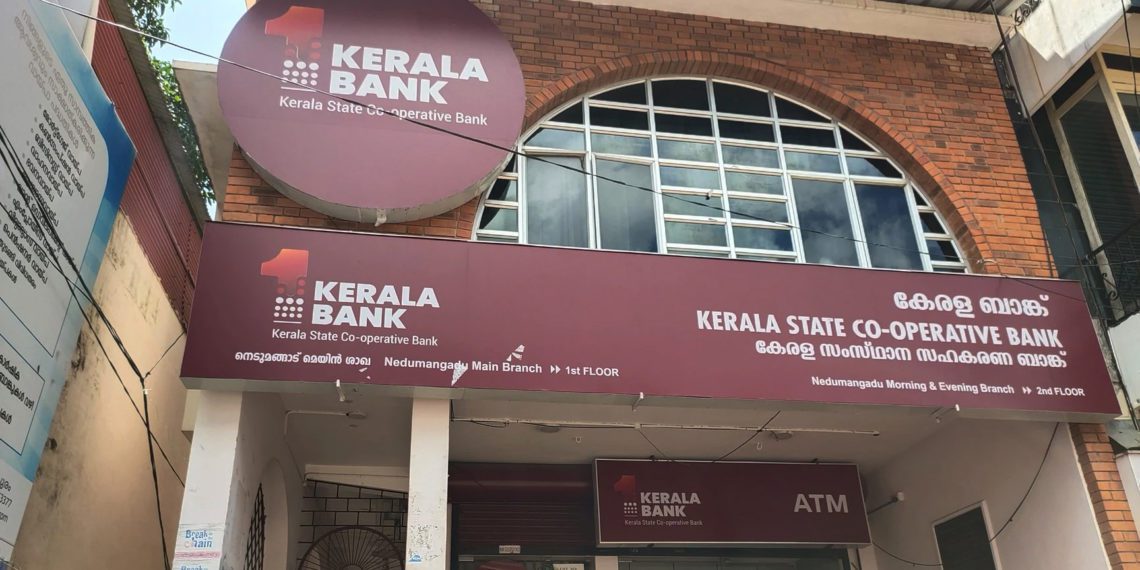The Kerala State Cooperative Bank (Kerala Bank) has raised concerns over the Reserve Bank of India’s (RBI) decision to reduce its exposure in the food procurement financing consortium for FY 2025-26 by 20% of the existing limits.
With this, the bank anticipates a 2.5% drop in its Credit-Deposit (CD) ratio, making it difficult to substitute the reduced exposure with other loans. Additionally, its interest income is expected to decline by Rs 108 crore in the upcoming fiscal year.
The changes are also likely to increase the Gross Non-Performing Assets (GNPA) ratio by 1.20%, affecting the bank’s overall financial health. Furthermore, the average risk weight of the bank’s assets will rise as low-risk assets are reduced, leading to potential financial instability.
The bank has taken up the issue with NAFSCOB and has sought the restoration of the original financing limit, citing adverse impacts on its credit portfolio, income, and financial stability.
The bank highlighted that its stake in the consortium arrangement for food procurement had initially increased from Rs 5,000 crore to Rs 6,000 crore, as per an RBI communication dated 14th February, based on its strong financial performance.
However, a subsequent RBI communication dated 24th February reduced this exposure to Rs 3,800 crore, a move that could significantly impact the bank’s operations.
Kerala Bank has raised several concerns regarding the reduction in its food procurement financing exposure.
The bank has urged NABARD and NAFSCOB to intervene with the RBI and restore the original financing limit to prevent disruptions in the bank’s agricultural credit portfolio.
Kerala Bank is the largest State Cooperative Bank in the country, with a business size of Rs 1,18,000 crore.
This development is crucial as Kerala Bank has been an active participant in the food procurement consortium, significantly contributing to agricultural financing and state-supported procurement schemes.













































